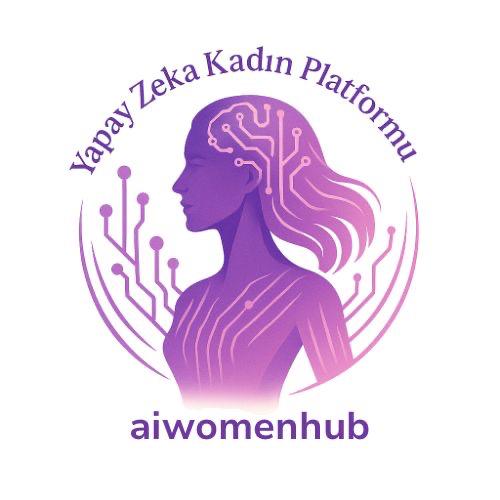Can We Trust AI? Shaping the Future Through Ethical Questions Careers

As artificial intelligence systems rapidly become part of our everyday lives, the question of whether we can truly trust them has taken center stage. From healthcare decisions to legal algorithms, AI now plays a critical role in processes once reserved for human judgment.
“Trust in AI is not just about technology; it's about aligning intelligence with human values.” – AI Ethics Council
The Core of AI Trust: Ethics by Design
Trusting AI begins with how it is built. Ethical AI is designed with transparency, accountability, and fairness at its core. This means clearly defined decision processes, auditable data sources, and inclusive training datasets that reflect diverse perspectives.
Beyond the technical, building ethical AI requires a cultural shift within organizations. Developers must be trained in responsible AI principles, and companies should establish internal ethics boards. Ethics by design must be treated not as a one-time checklist, but as a continuous practice embedded in product life cycles.

Why Do We Doubt AI?
Despite its growing capabilities, AI is still met with skepticism. Concerns often stem from biases in algorithms, lack of explainability, and fears of surveillance. High-profile cases of AI discrimination have only fueled public hesitation.
Moreover, AI can often appear like a "black box"—delivering results without understandable reasoning. When people don’t know how a decision was made—especially in high-stakes areas like loans, jobs, or justice—they are less likely to trust the outcome, even if it's technically accurate.
Key challenges: Algorithmic bias, data misuse, lack of transparency, unequal access to AI benefits
Building Trust Through Regulation and Inclusion
Trust cannot be achieved through technology alone. It requires collaborative efforts between developers, policymakers, and communities. Ethical frameworks, international standards, and public participation must all play a role.
Inclusive design is particularly important. If AI tools are created only by a narrow demographic, they risk overlooking the needs of marginalized populations. Regulations can help set minimum standards, but true trust comes from engaging users throughout the development process.
Promising practices include:
- Open-source AI projects for accountability
- Government oversight and data privacy laws
- Diverse teams designing inclusive AI systems
- Regular auditing and impact assessments
The Role of Education and Public Awareness
Many people distrust AI simply because they do not understand it. Educational initiatives aimed at demystifying AI, explaining its limitations, and teaching digital literacy can bridge the trust gap.
Public awareness campaigns—especially those tailored to non-technical audiences—can empower people to ask better questions and participate in decision-making processes involving AI. A more informed public leads to more accountable technology.
Looking Ahead: Trustworthy AI in 2030
By 2030, the most successful AI systems will not be those with the most features, but those that are the most trusted. We are moving toward an era where ethical design, transparent communication, and public accountability will become competitive advantages in AI development.
Future advances such as explainable AI (XAI), federated learning, and ethical auditing frameworks will help build deeper trust. The challenge will be ensuring that as AI becomes more powerful, our ethical commitments grow stronger—not weaker.
Conclusion
Can we trust AI? The answer lies in how responsibly we develop and implement it. Ethical considerations must evolve alongside technological advancements. Only then can we shape an AI-driven future that aligns with human values, equity, and justice.
